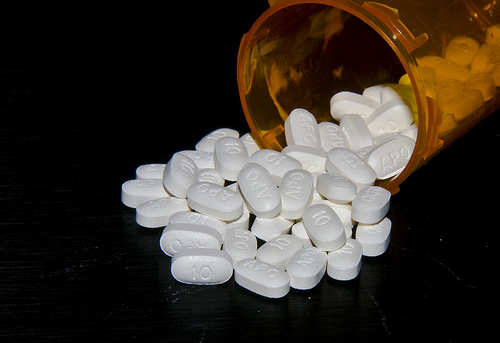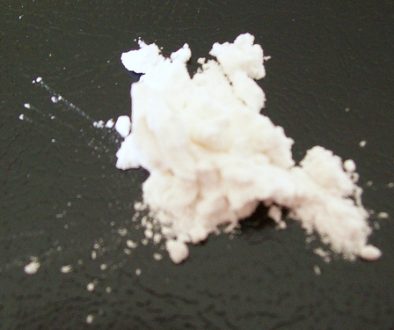Criminal Narcotic Charges
 Our law firm frequently defends crimes involving the distribution of narcotics. While the law considers cocaine an illegal narcotic, it technically not part of the narcotic class of drugs. Narcotics are drugs produced from opium which blunts the senses, relieves pain, causes sedation and promotes sleep. Drugs like crack, cocaine, PCP, however, are stimulants (aka “uppers”) that produce feeling of euphoria, agitation, and aggressive behavior. All drugs aren’t created or prosecuted equally!
Our law firm frequently defends crimes involving the distribution of narcotics. While the law considers cocaine an illegal narcotic, it technically not part of the narcotic class of drugs. Narcotics are drugs produced from opium which blunts the senses, relieves pain, causes sedation and promotes sleep. Drugs like crack, cocaine, PCP, however, are stimulants (aka “uppers”) that produce feeling of euphoria, agitation, and aggressive behavior. All drugs aren’t created or prosecuted equally!
It’s important that your criminal defense lawyer have at least some understanding of the illegal and legal drugs. Unless the attorney has a background in medicine, pharmacology, or biochemistry, his or her knowledge will be very limited but some education in this area is nonetheless important. In criminal cases involving the distribution of drugs, the prosecution will attempt to show a defendant’s intent to distribute or sell these drugs. Most often prosecutors (district attorneys) will argue that a person was arrested with a large quantity on his person (actual possession) or near him (constructive possession video).
A large quantity of drugs, however, isn’t necessarily proof that person is drug dealer and there is a substantial amount of Pennsylvania case law on this issue. I’ve written other articles on this topic, in addition to my article on the different classifications of drugs and the severity of criminal charges.
If you are charged with Possession with Intent to Deliver (PWID) your criminal defense lawyer must focus a judge or jury’s attention on more than just weight of the drugs in your possession. Issues like the drug’s packaging and drug paraphilia (scales, baggies, razor blades, large amounts money) are relevant to whether a person was in the business of selling drugs or just suffering from a drug addiction. Remember that drug possession is a misdemeanor offense while PWID is a felony offense in Pennsylvania. Showing that a defendant is a drug addict as opposed to a drug dealer could therefore make the difference between a felony and misdemeanor conviction.
Your criminal defense attorney only has to create reasonable doubt to move from PWID criminal charges to simple possession charges. Check out my articles on reasonable doubt for more information on this concept. This is where an attorney’s education regarding the effects of drugs on the body comes into your criminal defense strategy. If your case involves a drug like cocaine, crack or PCP, your criminal lawyer should bring out in both direct and cross examination your demeanor at the time of your arrest.
Typically a police officer won’t even testify about these issues and your attorney can use these holes in the prosecution’s case to persuade a judge or jury during closing arguments. Remember that the word narcotic is often misunderstood and a person’s reaction to a drug like heroin, a narcotic, will be much different than other drugs like crack or cocaine, all stimulants, which are still classified as a narcotic according to the laws in most states. A person’s “high” can often show that a person is addicted to the drug as opposed to a seller of it.
For example, when heroin enters the brain, it is converted to morphine and binds rapidly to opioid receptors. Abusers usually will be drowsy for several hours; have impaired mental function and slower breathing. Unlike heroin, however, a drug like PCP produces a drug experience that is often dangerous to others. In criminal trials involving PCP police have testified that users have attempted to mutilate or injury them or others without any regarding to those possible injuries or themselves.
Criminal Drug charges are large part of our law firm’s practice and if you would like more information visit our drug charge page on the website. You should also look at my video page and the other free resources available on the website.
Contact Our Criminal Defense Lawyers in PA & NJ
Please click here to contact our Philadelphia criminal defense lawyers. We offer free case reviews and serve the following areas in Pennsylvania and New Jersey, Atlantic City, Camden, Cherry Hill, Chester, Conshohocken, Doylestown, Media, Norristown, Philadelphi



